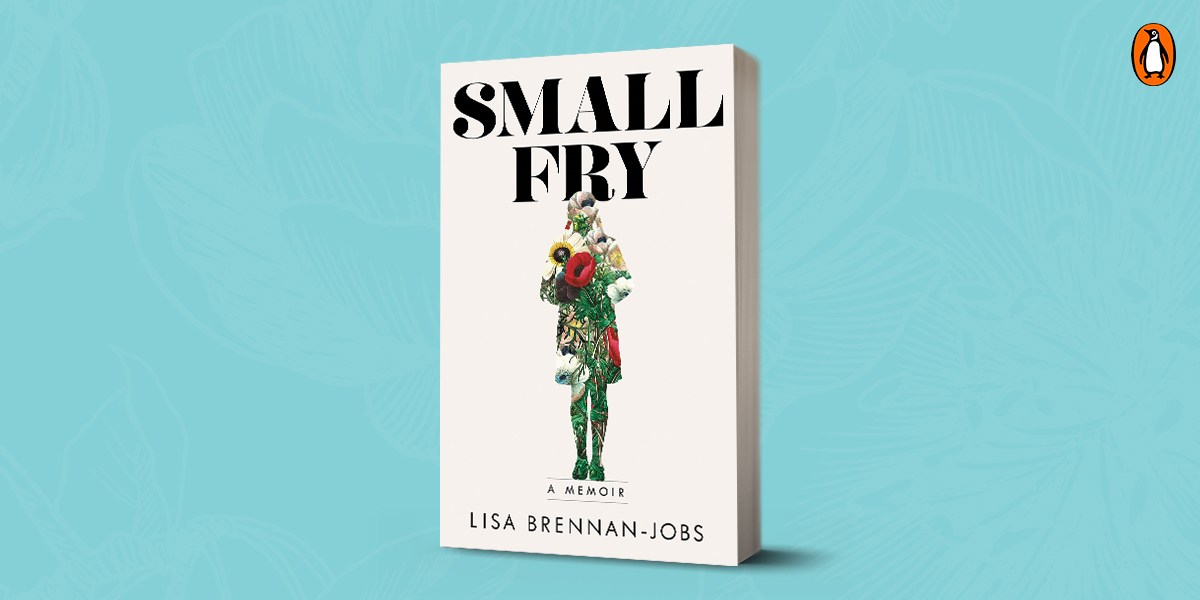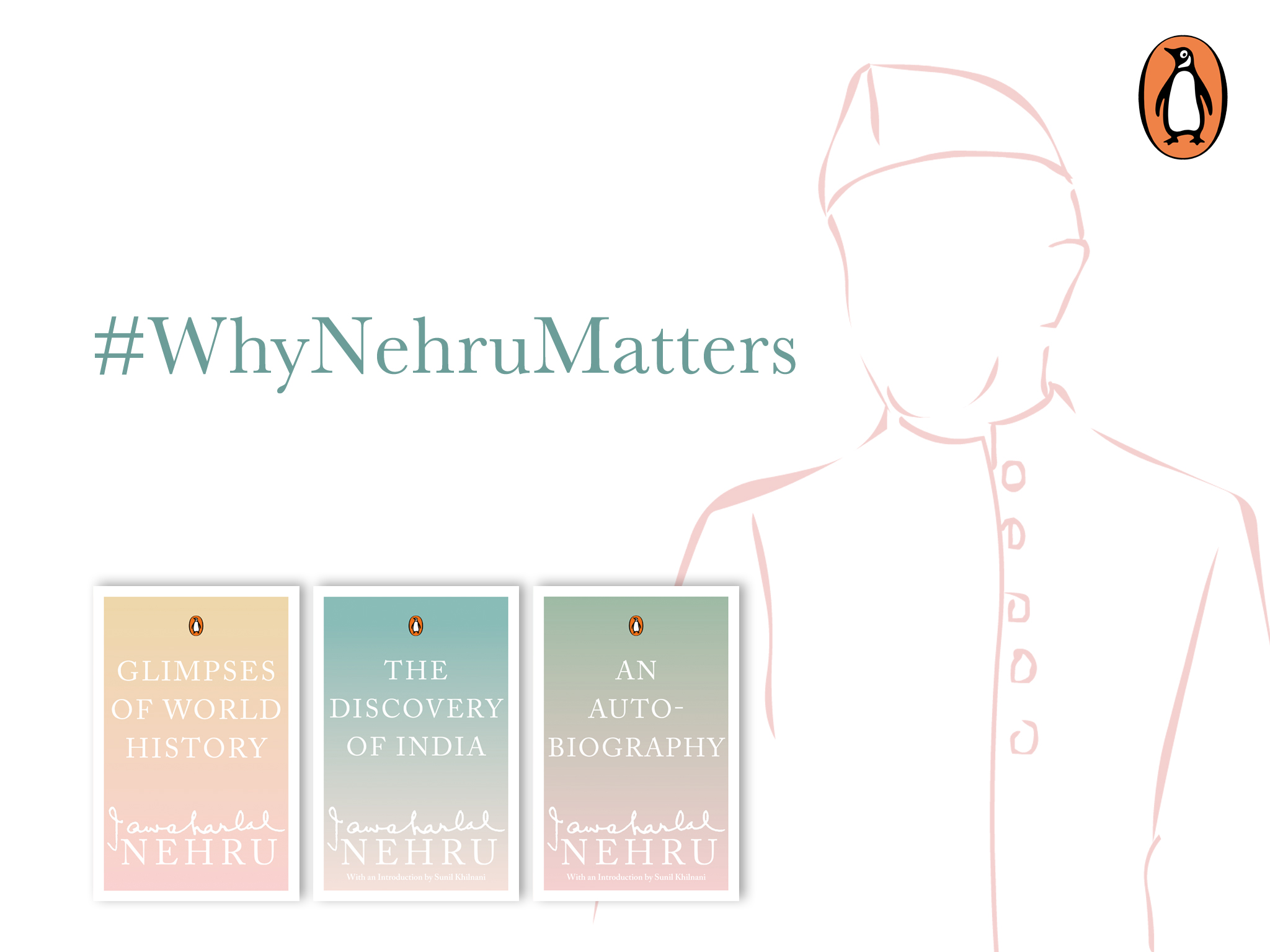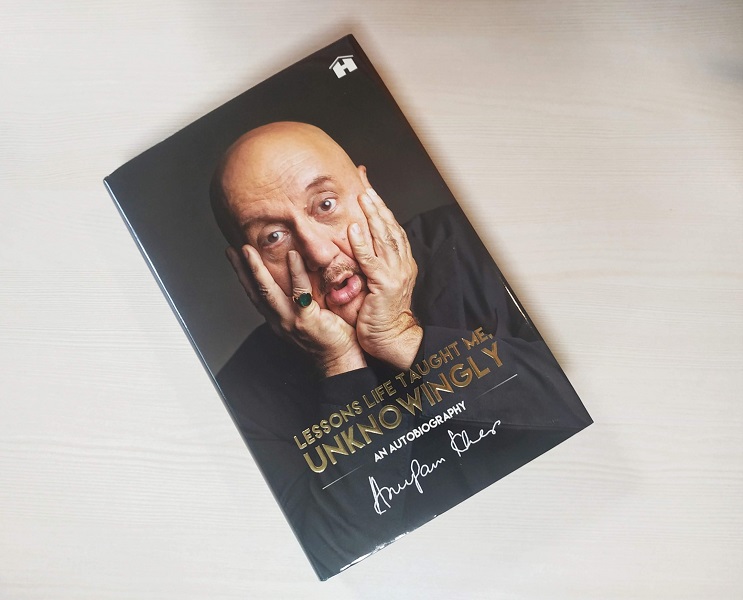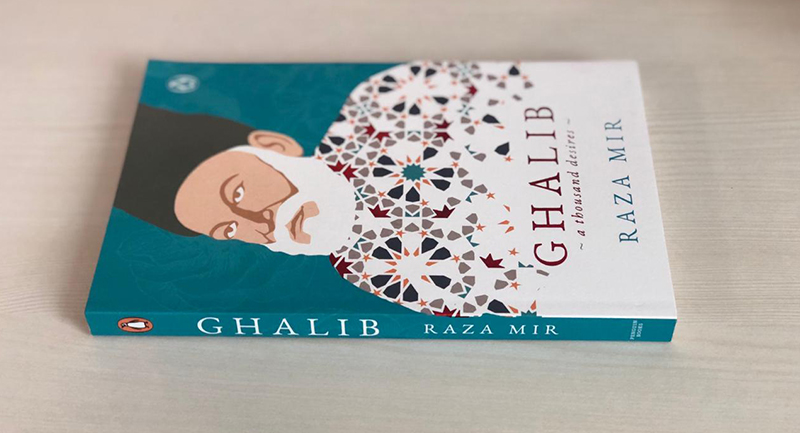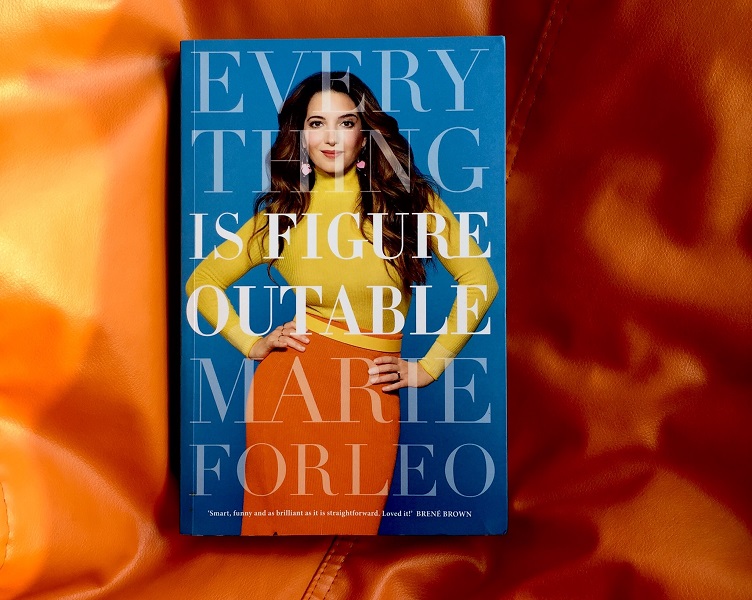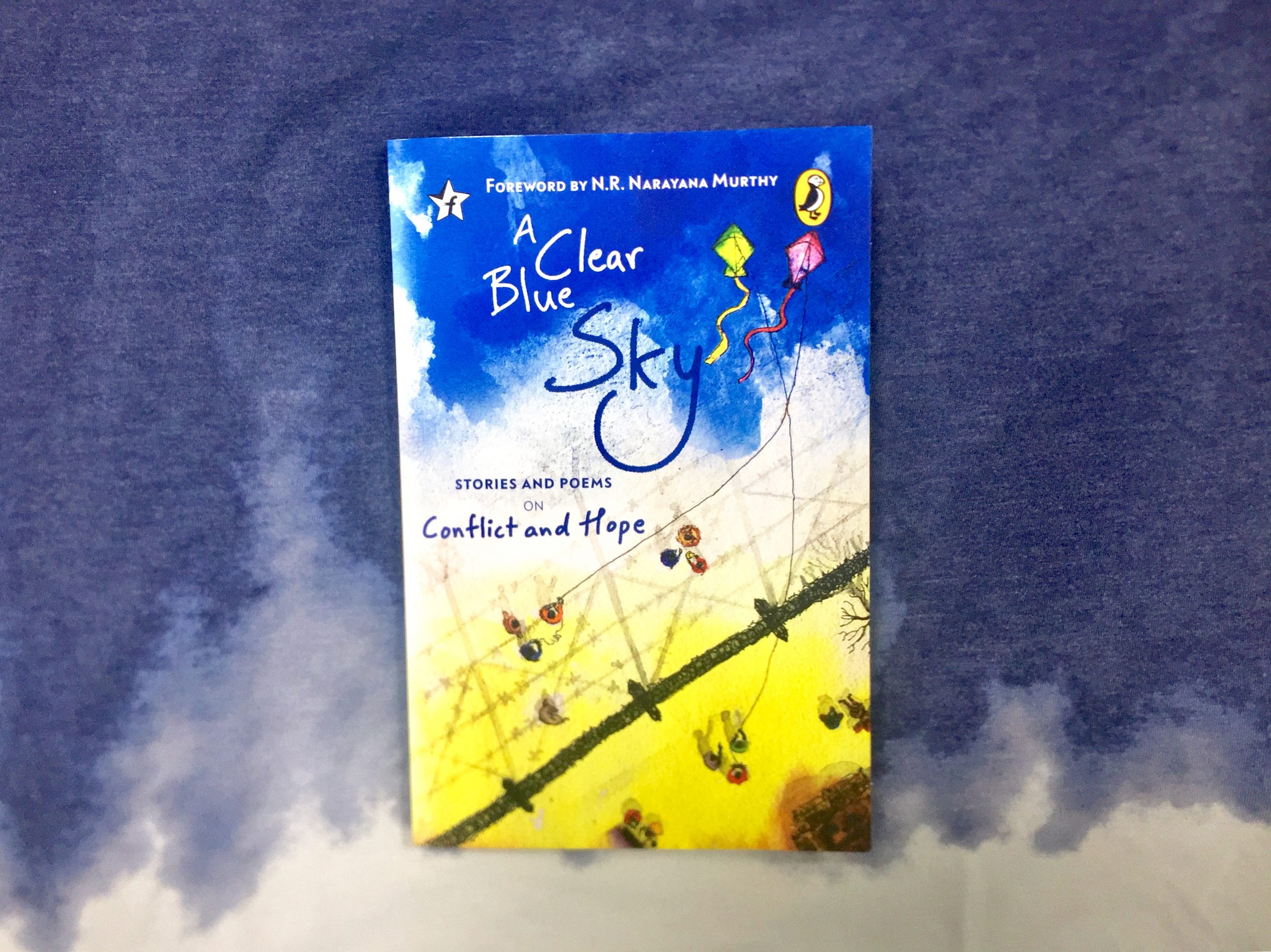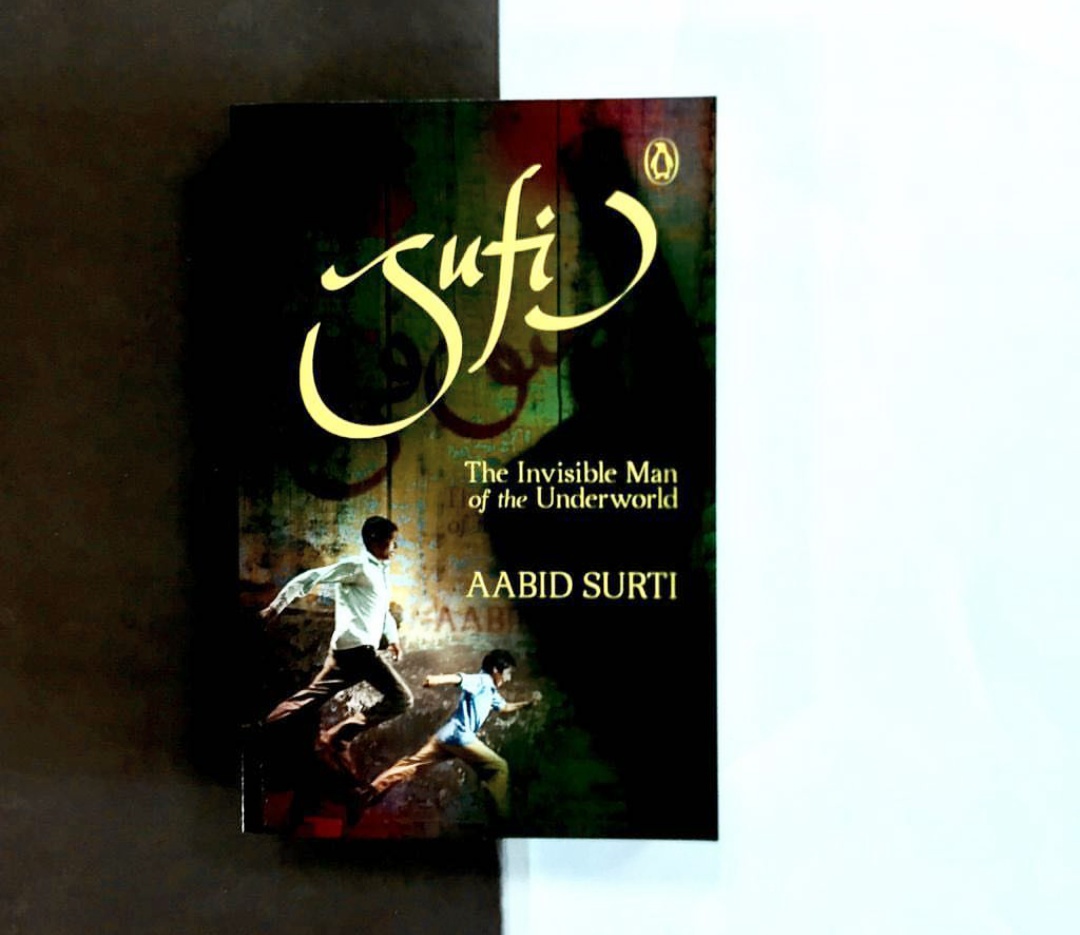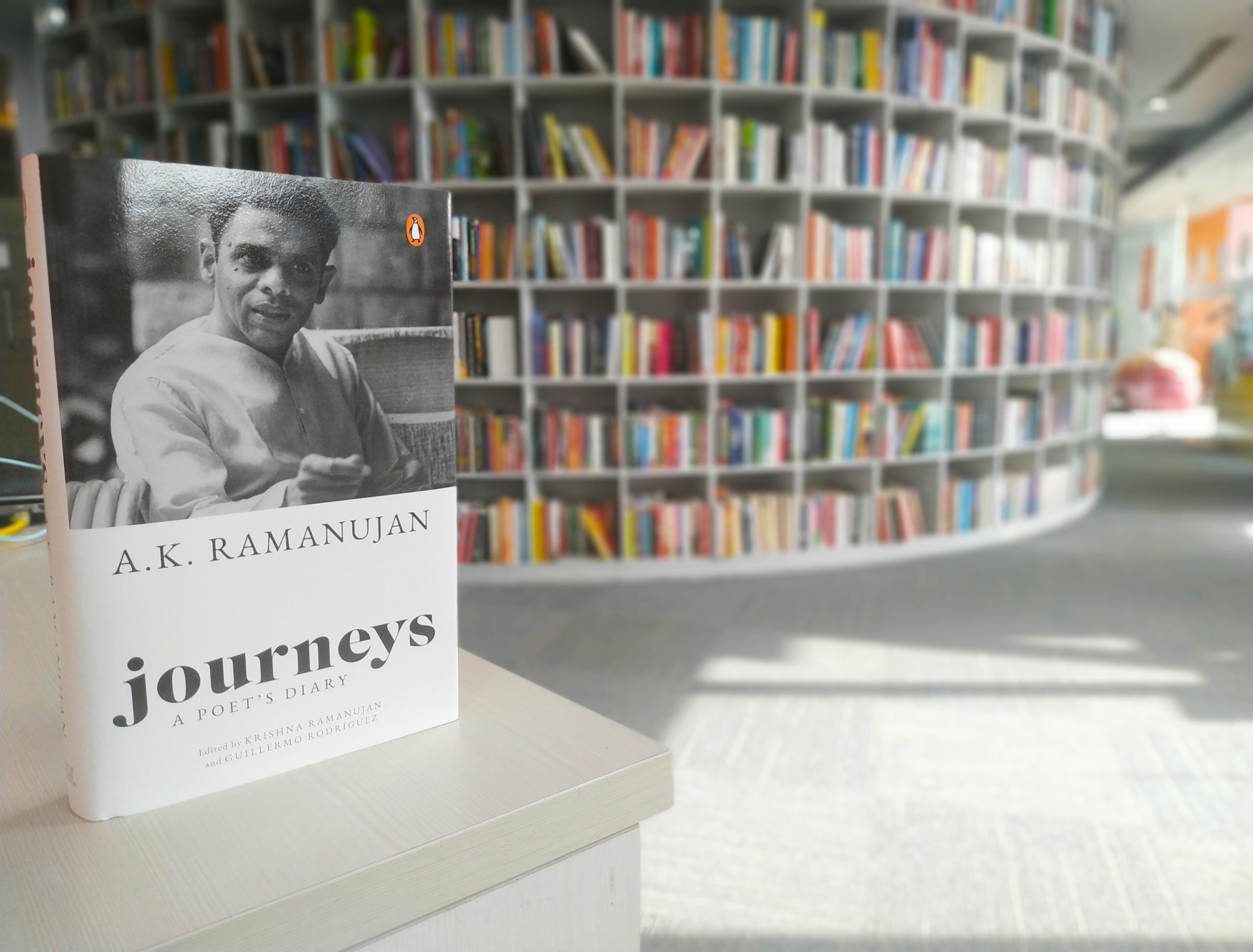Born on a farm and named in a field by her parents- artist Chrisann Brennan and co-founder of Apple Inc. Steve Jobs- Lisa Brennan-Jobs’ childhood unfolded in a rapidly changing Silicon Valley.
‘That is my father and no one knows it but it’s true’, mused a young Lisa as she stared at the face splashed across newspapers and magazines. Struggling to find her place at the periphery of her father’s ever expanding life, Lisa gradually manoeuvred a winding path into the relationship that seemed to define her.
Read excerpts from Small Fry that give insight into her relationship with her father, Steve Jobs:
- Meeting the man who had fathered her made him real while not having him around left a gaping void. Oscillating between his presence and absence made young Lisa question the veracity of the reunion-
‘I hadn’t seen him for years, and I wouldn’t see him for years after that. The memory of this day, the outlandish house and my strange father, seemed surreal when I thought of it later, as if it hadn’t really happened.’
- Meandering around his mansion on a bright afternoon, Lisa revelled in an elusive moment of Steve’s awareness of her presence as she drank in the quirks and features of her father’s physicality-
‘His face looked fresh against the dark, shiny hair. Being near him in the bright light with the smells of dirt and trees, the spaciousness of the land, was electric and magical. Once I caught him looking at me sidelong….’
- For Lisa, Steve was a puzzle and her endless curiosity to find all the pieces to their relationship made her wonder at all that was within him-
‘Steve . I knew so little about him. He was like those Michelangelo sculptures of men trapped in rough stone, half smooth, half rough, that made you imagine the part inside that had not yet come out.’
- Playing on a trampoline with her father, Lisa couldn’t bring herself to surrender to the joy of the moment. Unable to bridge the distance between them she was pitifully aware of the gaze of those around-
‘Twice we found ourselves coming down to land at the same moment. I prayed we wouldn’t touch; it would be too intimate. I was conscious of scrabbling away from accidental closeness in front of strangers.’
- Despite the indifference that rattled her, for Lisa, her father was a man of the world and her connection to a larger universe that she would eventually step into-
‘For me, it was the opposite: the closer I was to him, the less I would feel ashamed; he was part of the world, and he would accelerate me into the light.’
- For her first ever vacation, Steve took Lisa to Hawaii and in a moment where he realised they were anchored to predestined bonds of blood, he gave Lisa a glimpse of his awe at being her father-
‘Look how we both have eyebrows that come together in the middle,” he said. “And how we have the same nose.”
- Having lost out on her father’s presence repeatedly throughout her life, Lisa seemed determined to hold on to some tangible evidence of his being even as the final darkness crept forward to claim him-
‘Three months before he died, I began to steal things from my father’s house. I wandered around barefoot and slipped objects into my pockets. I took blush, toothpaste, two chipped finger bowls……’
When she was young, Lisa’s father was a mythical figure who was rarely present in her life. As she grew older, he took an interest in her, ushering her into a new world of mansions, vacations, and private schools.
Small Fry is a poignant coming-of-age story of a child growing up in disparate worlds as she grapples with feelings of illegitimacy and shame but also admiration for the father she yearns for.







